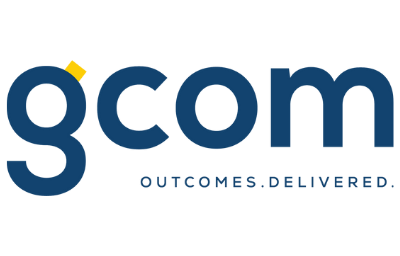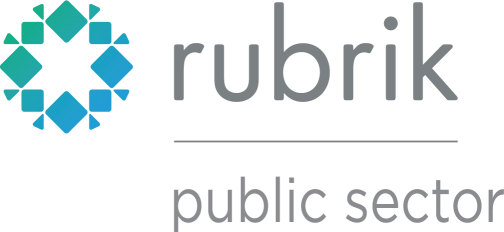Event Overview
Cutting Through Complexity to Deliver Clarity for
Actionable Insights
Public sector data professionals have tremendous influence in shaping an equitable society. Whether this means properly contextualizing public health statistics, analyzing demographic data, or identifying economic disparities, the power of data is revolutionary. If, however, the public sector operates without coordination, meaningful progress can be challenging. How can public sector data professionals most effectively collaborate to transform mountains of data into equitable policies that shape our future and improve citizens’ lives?
It starts with data experts coming together with their peers to share their successes, obstacles, and lessons learned. What kinds of data are agencies collecting? What trends are emerging? And which gaps or overlaps exist? Agencies have a chance to discover connections, identify parallels, and reconcile contradictions between datasets in order to pursue innovative and equitable solutions. Whether you are a Data Scientist, a Chief Data Officer, a data governance professional, or anyone in the public sector who is determined to reimagine the way we use data to improve society, your input is essential.
Public Sector Network’s Government Data Insights: Spring Edition virtual event will bring together public sector data professionals across all levels of government from across the country to discuss a range of topics surrounding data and equity. Topics will include: how business intelligence tools communicate important analyses in a clear and simple way; how COVID-19 data has revealed disparities in healthcare access and health outcomes across different communities; and how fascinating ethical questions regarding data management impact 21st century government agencies. Join the conversation!
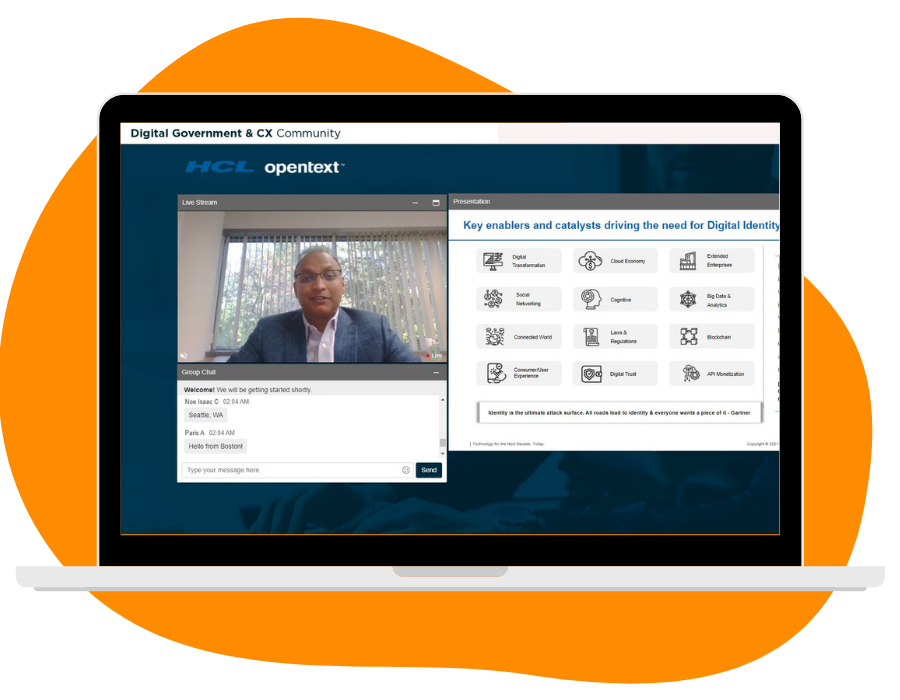
Benefits of Attending
A Sneak Peek Of Your Inspiring Speakers

Eva Pereira
Chief Data Officer
City of Los Angeles

Dr. Besa Bauta
Chief Data and Analytics Officer
State of Texas Department of Family and Protective Services

Nathaniel Inglis Steinfeld
Deputy Cannabis Regulation Oversight Officer (CROO), Research + Data
Illinois Department of Financial and Professional Regulation

Sylvain Bélanger
Senior Director General, Digital Services, CIO, CDO
Library and Archives Canada

Adam Carpenter
Chief Data Officer
State of Montana
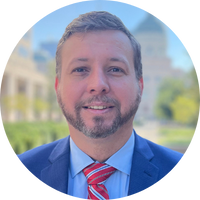
Joshua Martin
Chief Data Officer and Executive Director
Indiana Management Performance Hub

John Specker
Senior Research Analyst
Illinois Sentencing Policy Advisory Council

Carlos Rivero
Vice President, Data & Analytics
GCOM
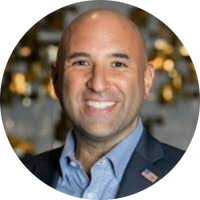
Jared Vichengrad
Regional Director – State
and Local Sales
Rubrik
Key Sessions
Equity in Data: An International Perspective
As the Chief Information Officer and Chief Data Officer for Library and Archives Canada, Sylvain Bélanger preserves large amounts of digital content and ensures its safety and security. During the pandemic, Library and Archives Canada undertook a massive project, capturing data on how the pandemic impacted folks all around Canada, not just in its urban centers, so that citizens everywhere could see themselves represented in the national archive. Join this session to learn how Library and Archives Canada undertook this initiative, why it is important, and how it impacts equity not only in data but also in history.
Health Equity & Analytics Insights
Dr. Kobra Eghtedary will detail the process behind the State of South Carolina’s Health Equity Dashboard creation.
City of Los Angeles’ Pandemic Recovery Dashboard
Join Eva Pereira, Los Angeles’ Chief Data Officer, for a presentation of Los Angeles’ newly-created Pandemic Recovery Dashboard. This tool tracks the city’s recovery across four categories: COVID-19 (case rates, vaccination rates); Housing and Homelessness; Crime and Public Safety; and Economy.
What Did We Gain From the Pandemic?
Public sector data professionals have a mandate to share data with the public. During the COVID-19 pandemic, this mandate became a double-edged sword, as real-time data for the public sector can be upwards of two months old. Join this timely panel discussion to learn how agencies stepped up to meet citizens’ information requests and public policy mandates while ensuring data privacy and data cleanliness.
Erasing History or Cleaning the Slate?
Data proves that racist government policy is a critical factor in systemic inequity, with prime examples including the war on drugs and imbalanced investment in education. Data and privacy professionals face a fascinating and vital question: is it ethical to delete these criminal charges from the historical record, now that these activities are being formally legalized? Or should we keep a record of systemic bias? How can governments retain this data while ensuring it does not continue to harm citizens? Join our experts as they discuss best practices for archiving and securing sensitive datasets for future leaders’ reference and learning.


